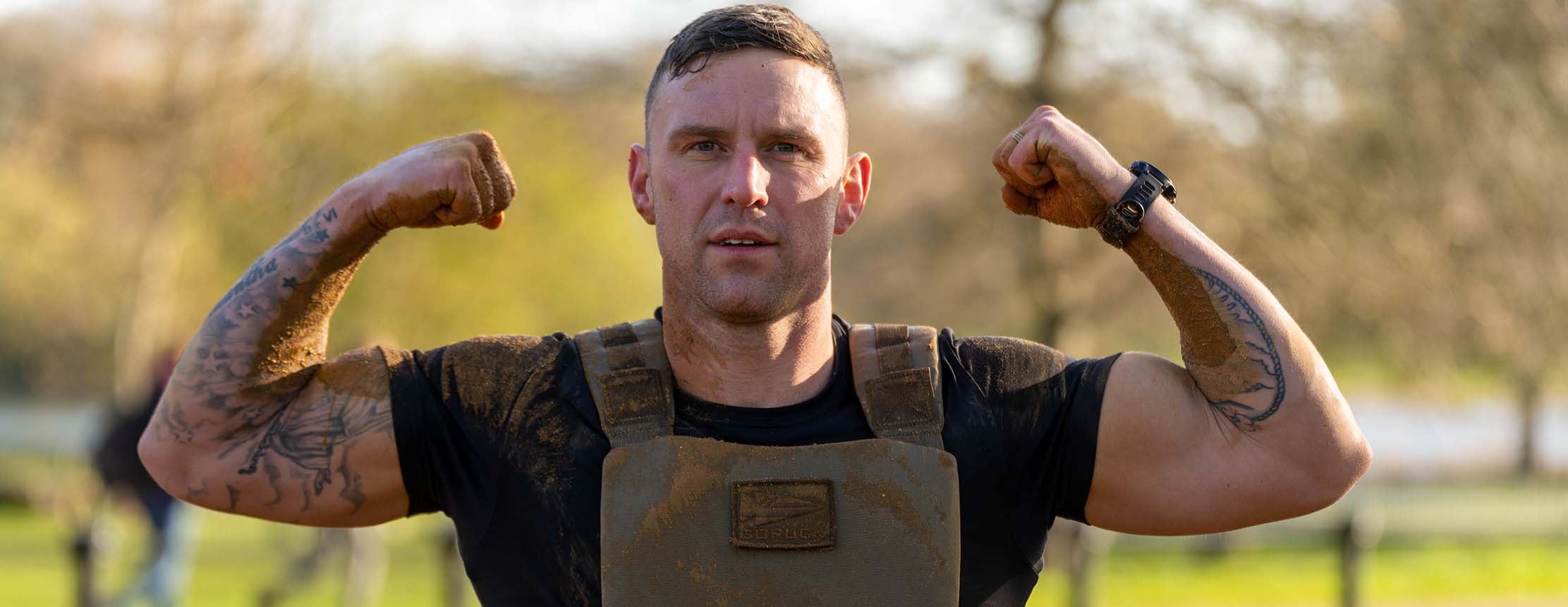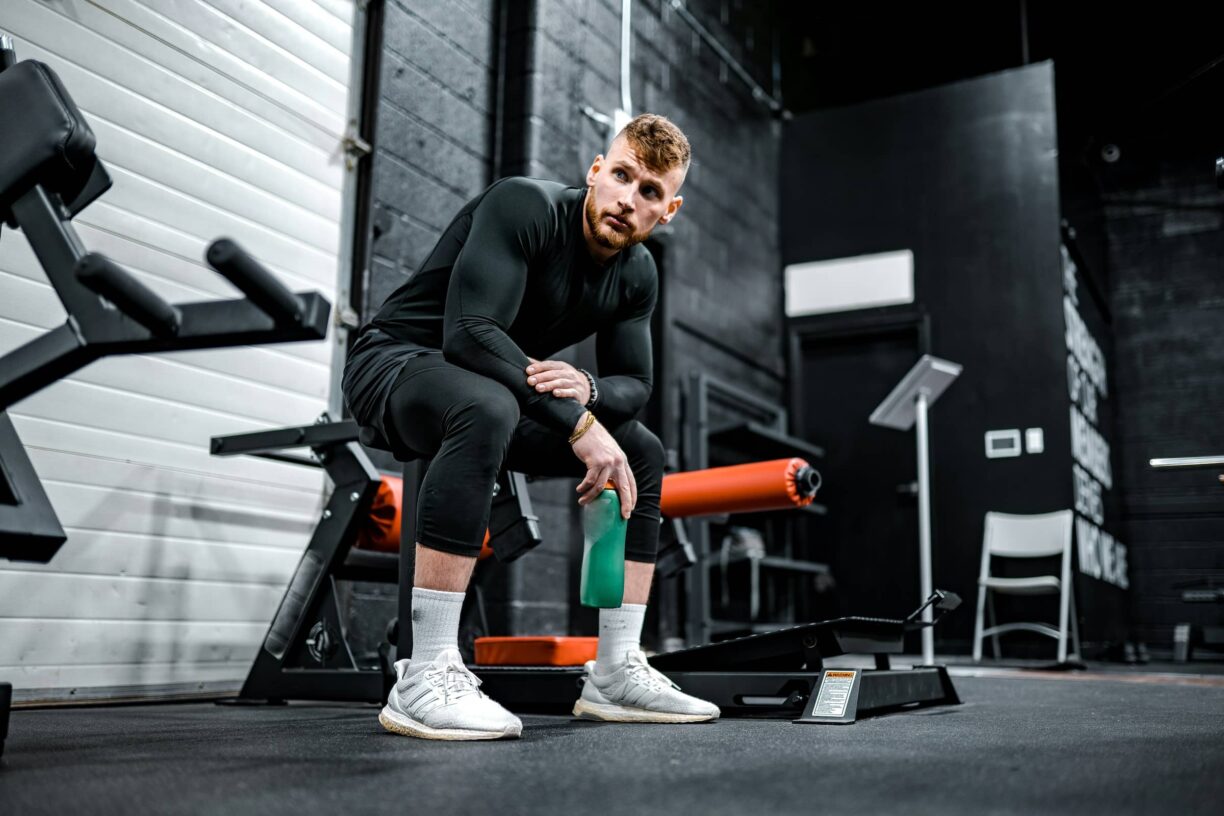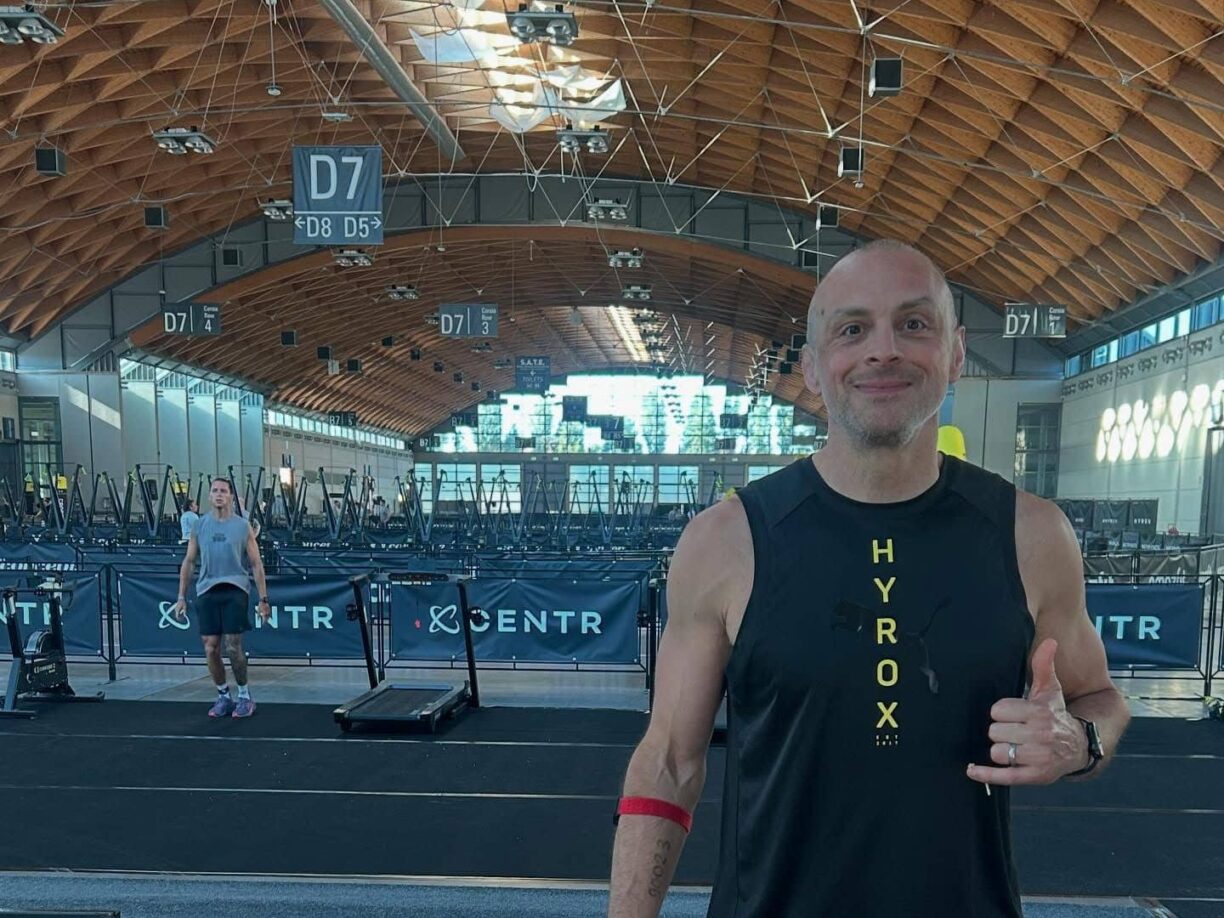Many fitness enthusiasts keen on becoming exceptional tactical athletes aim toward enhancing their physical performance by training harder because of the public perception and belief that a performance improvement directly correlates with the intensity of your training, but overworking your body can be detrimental and increase your likelihood of sustaining an injury.
Contrary to public belief, many high-performing athletes, like me, have benefited significantly from working smarter by incorporating workouts with lower intensity, volume, simple exercises, or taking the necessary rest days for our bodies to recuperate.
Aspiring athletes looking to enhance their performance and become all-rounded athletes that suffer from fewer injuries can follow these simple steps:
1. Take a walk outdoors
Walking is a highly underrated form of recovering from high-intensity workouts. Leaving the gym, surrounding yourself in nature, and maintaining deep breaths as you walk can calm both your mind and body, allowing your central nervous system to enter into a parasympathetic state which relaxes your body, especially after periods of stress.
2. End monotonous workouts
Doing the same workouts over a very extended period can be counterproductive, minimise your athletic capabilities, and limit your long-term growth.
Instead, consider including variations to your training and dividing them effectively into different muscle groups. With split workouts, parts of your body work as others still rest, minimising performance loss when you train and reducing the likelihood of injury.
3. One-off day per week
Regardless of whether you exercise three or seven days a week, some days will be easier than others to get through.
If you find that your energy is lacking, decrease the intensity of your workout plan, or switch to stretching, walking, and conducting light-intensity workouts to provide your body with the opportunity it needs to
recharge, so you can perform at peak condition in the future, and maintain a positive and healthy relationship with your fitness regiment.
4. Keep one day for mobility
Mobility days have been an excellent addition for fitness professionals looking to take their performance to the next level.
Mobility days are great for relieving tension associated with over-exercising. They significantly improve your functional fitness capabilities, such as movement, and prevent knots and injuries.
The significant improvements provided by mobility days can completely transform your mindset and make you realise the progression of your athletic performance.
5. High-mileage Runs aren’t a requirement
Athletes that push themselves to extremes by consistently running over 40 miles a week for several months are doing more harm than good to their health and well-being.
Your success as a tactical athlete depends on your overall capabilities, so focus on cross-training and developing other fitness areas, such as your mobility, endurance, agility, speed, flexibility, grip, and strength.
6. Maintain the right mindset
The average fitness enthusiast trains to get good at working out, but tactical athletes train to become faster, stronger, more robust, and all-rounded to achieve long-lasting results.
Exceptional athletes know when to push past their boundaries to unlock their limitless potential and when they should scale back on their training to recover.
7. Know when to scale back training
Vacations are healthy for your well-being. Knowing how to prioritise your off time so that you can relax instead of fitting in more free time to train can you put in a relaxed, parasympathetic state which is essential for those that need to sleep better, have a healthier immune system, experience happier emotions more consistently, and even digest food better.
Training your mind to take a break when you need to and disengaging with your sympathetic nervous system linked to stress will improve the health and wellness of your mind, bones, muscles, joints, and even hormones so you can perform at your best.
Find out more about the programmes I offer over at my Tactical Athlete website





